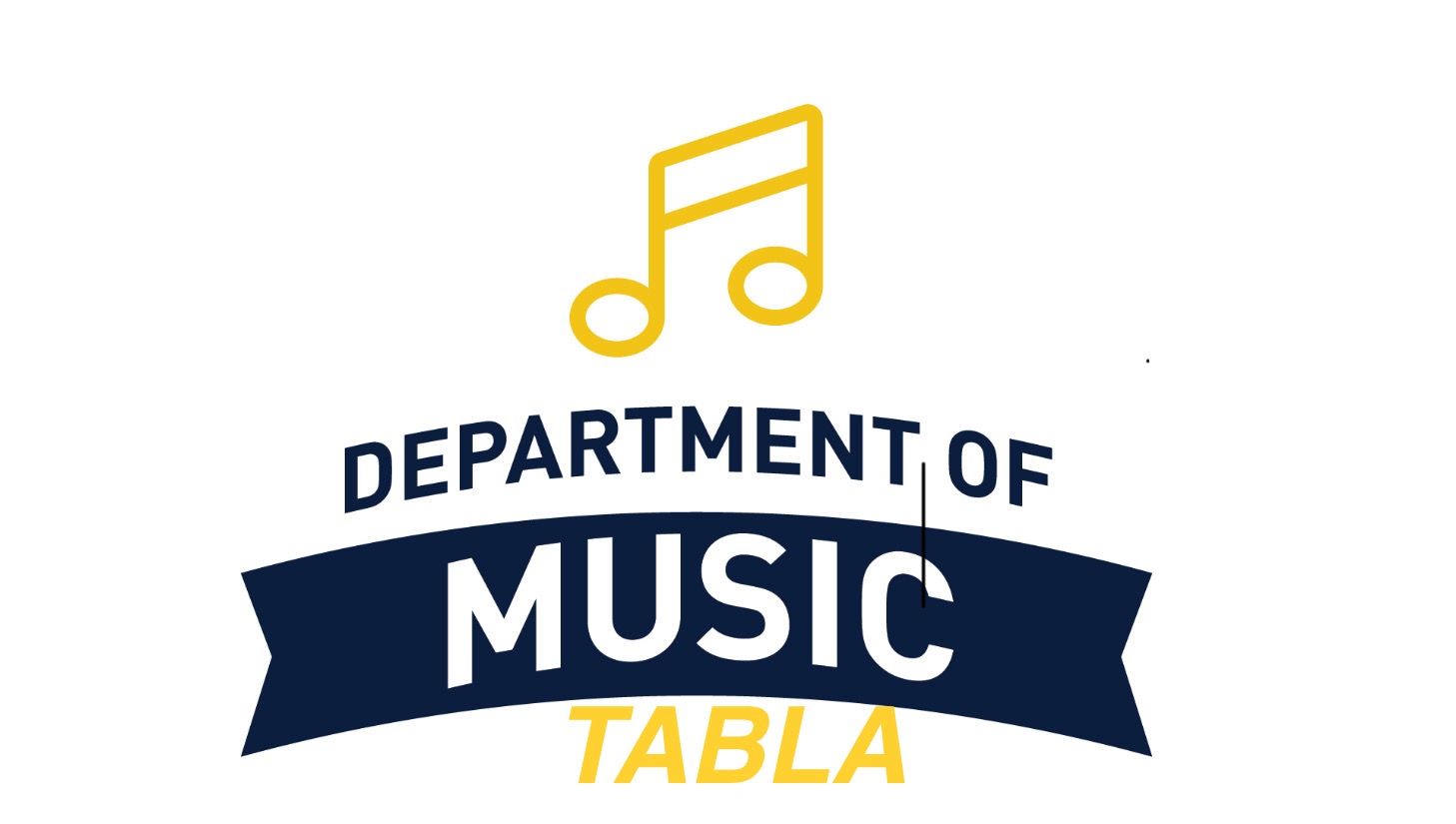
The Music Department of Dayanand Vedic College traces its roots back to a pivotal moment in 1973 when it was established as an undergraduate program in Indian classical music Vocal and Instrumental ( Tabla/ Sitar. Since its inception, the department has been dedicated to nurturing musical talent, fostering academic excellence, and promoting a vibrant cultural atmosphere on campus.
In its early years, the undergraduate program focused on providing students with a comprehensive education in music theory, history, and performance. Led by a team of passionate faculty members, the department quickly gained recognition for its commitment to excellence and its innovative approach to music education.
Throughout the 1980s and 1990s, the undergraduate program flourished, attracting talented students from diverse musical backgrounds and fostering a supportive community of musicians. Students participated in a wide range of ensembles, including or classical vocal ,Light Vocal,choirs, ghazal Bhajan, and groups songs, gaining valuable performance experience and honing their skills under the guidance of experienced mentors.
Building on its success at the undergraduate level, the Music Department took a significant step forward in 2001 with the introduction of a postgraduate in Vocal music program (SFS). This expansion allowed students to pursue advanced studies in music theory, composition, performance, and musicology, preparing them for careers as performers, educators, scholars, and composers.
The postgraduate program brought together a cohort of dedicated students eager to further their understanding of music and pursue their artistic passions at an advanced level. With access to Best faculty, state-of-the-art facilities, and a rich array of resources, postgraduate students in the Music Department embarked on a journey of exploration, creativity, and intellectual growth.
Over the years, the Music Department has continued to evolve, embracing new technologies, pedagogical approaches, and musical styles while staying true to its core mission of excellence in music education and scholarship. Today, the department stands as a beacon of musical achievement within our institution, attracting students from around the world and making significant contributions to the cultural life of our campus and beyond.
From its humble beginnings in 1973 to its current status as a thriving hub of musical innovation and excellence, the Music Department remains committed to inspiring and empowering the next generation of musicians, scholars, and music enthusiasts. As it looks to the future, the department remains dedicated to its founding principles while embracing the opportunities and challenges of a rapidly changing musical landscape.